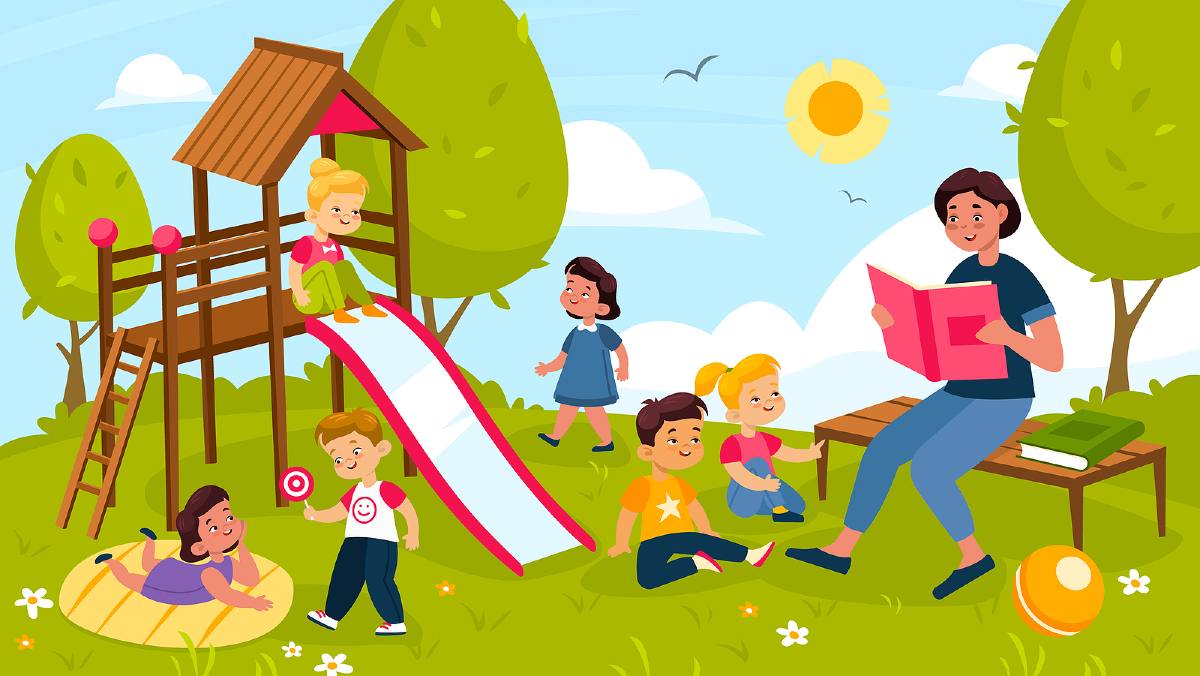
Artificial reproduction may require redefinition of parenthood
Who should be deemed a parent?
Developments in assisted reproduction could muddle the definition of parenthood, says an Australian academic in a recent issue of the journal Bioethics. Hilary Bowman-Smart, of the Murdoch Children’s Research Institute in Melbourne, examines a number of different scenarios for creating children other than natural reproduction. “Through a series of cases involving technologies such as cloning and genome editing, we see that in lieu of the traditional two parents, there are possible beings who have no genetic parents, one genetic parent, or many genetic parents,” she writes.
Rather than the traditional mother and father, she points out that, with emerging possibilities of reproduction, parenthood could be arbitrarily deemed to be a certain threshold of a child’s genetic heritage, probably between 80% and 20%. The scenarios she describes are interesting:
- A man wants to clone himself. Is he the parent of the clone? Is he the parent of a clone of the clone?
- A man wants to reproduce. The child’s genetic inheritance is half his and half artificially construction in a lab. Who is the other parent?
- A man wants to reproduce with a partner. The partner is unwilling so the man steals the partner’s DNA. Is the partner a parent?
- A man wants to reproduce, and he wants a child who is a superlative athlete. He employs a technician to create a child with the necessary genes, none of which are his. He project managed the child, but is he a parent?
- A couple wants a genetically-modified child with so many gene modules that their own contribution falls below the threshold. Are they parents?
- Three embryos are fused to create a chimera human, with six genetic progenitors, although the brain, the gametes and the heart have different genomes. Who is the main parent?
All these scenarios are highly theoretical, although not completely implausible. Bowman-Smart’s point is basically a simple one. Parenthood is becoming very difficult to define, given advances in technology. It might be better to retreat from a genetic understanding of parenthood and embrace a social model. As she concludes:
We should prioritize other methods of determining parenthood in these complex cases, such as social roles, and/or look to other familial structures or kin relationships that can meet the need of the child. Mary may be the genetic parent of Jane, or she may not. However, at the end of the day, it is Mary who puts Jane to bed each night, and perhaps that is what truly matters.
Michael Cook is editor of BioEdge
Creative commons
https://www.bioedge.org/images/2008images/bigstock-Kids-Playing-Outdoor-Cheerful-389291059_(1).jpg
assisted reproduction
parenthood
- How long can you put off seeing the doctor because of lockdowns? - December 3, 2021
- House of Lords debates assisted suicide—again - October 28, 2021
- Spanish government tries to restrict conscientious objection - October 28, 2021
